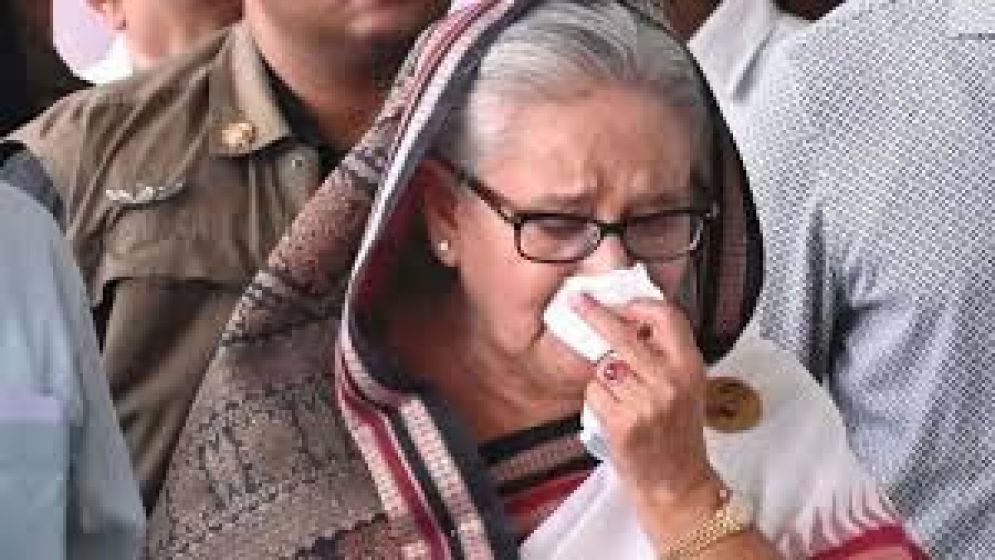Hasina's Resignation Marks a Landmark 'Gen Z-Led Revolution

After another weekend of deadly confrontations between police and protesters, Bangladesh’s army chief has announced the resignation of Prime Minister Sheikh Hasina.
Sabrina Karim, an associate professor of government at Cornell University who specializes in political violence, highlights the significance of this historic moment, particularly the role of the military, which was reportedly divided on how to handle repression.
Karim states:
“Today is a historic day for Bangladesh. What began as a student-led movement aimed at reforming the civil service quota system has evolved into a revolution that ended Sheikh Hasina’s fifteen-year rule. This could well be the first successful revolution led by Gen Z.
“What stands out about this movement is the role of the military, which, according to reports, was split on the use of force. Research indicates that revolutions are more likely to succeed when security forces begin to defect. Although there are numerous photos and videos showing soldiers using lethal force against unarmed protesters, some military members have called for an independent U.N.-led investigation into these abuses. Additionally, some military personnel announced yesterday that they would not employ deadly force against protesters in the capital. This suggests that the military was not entirely unified in supporting the Hasina regime.
“So, what comes next? The military has announced the formation of an interim government. While the country has a history of coups, it does not immediately appear that this is one. The success of a democratic transition will depend on several factors: a diverse composition of the interim government, adherence to the rule of law, the absence of revenge killings and destruction, a process for ensuring free and fair elections, a plan for releasing detained political prisoners, and mechanisms for justice, accountability, and reparations for those affected by the regime's violence.

